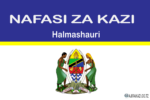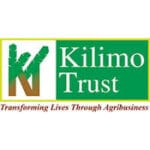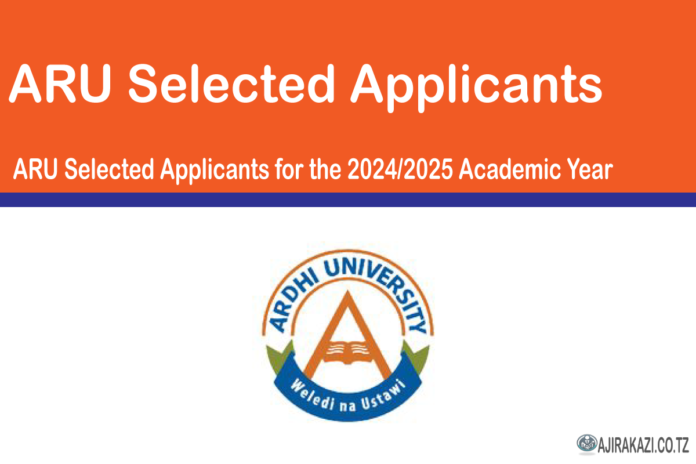AboutArdhi University (ARU)
Ardhi University Campus is located in Dar es Salaam, along University Road, adjacent to the University of Dar es Salaam, and approximately 12 km from the city centre. The Campus is within the proximity of several other academic institutions, including the Rwegarulila Water Resources Institute, The National Institute of Transport, The Institute of Social Welfare, and the National Tax Institute.
Ardhi University is the only University in Tanzania and Africa which offers integrated training in the entire spectrum of land based disciplines namely Real Estate, Land Administration, Land Surveying Urban and Regional Planning, Architecture, Building Economics, Environmental Science and Housing under one roof complemented by Engineering, Finance, Accounting, Economics and Community Development Programmes.
Ardhi University has its humble beginning as a Survey Training School between 1956 – 1971 training Survey Technicians at Certificate Level. The Surveying Training School was renamed Ardhi Institute in 1972 and started offering 2 years Diploma Programmes in Land Surveying and Estate Management and Valuation.
In 1975, the two year programmes were upgraded into three year Advanced Diploma Programmes in Land Management and Valuation, Land Surveying, Town and Urban Planning, Architecture and Quantity Surveying.
In 1996, Ardhi Institute became a Constituent College of the University of Dar es Salaam in the name of University College of Lands and Architectural Studies and started offering four year Degree Programmes.
In 2007, the University College of Lands and Architectural Studies became a fully pledged University and Ardhi University was born.
The various academic programmes are taught in 12 Departments comprised in 4 Schools and one Institute Ardhi University has 3 main core activities namely; Teaching, Research and Consultancy. The awards offered at Ardhi University range from Post Graduate Diplomas, Bachelor’s Degrees, Masters Degrees up to PhD’s.
Our vision is to be a leading centre of excellence in knowledge generation and dissemination responsive to the dynamics of the national, regional and global conditions WHILE mission is to provide innovative and integrated learning, research and public services that advance sustainable development at national level and beyond.
Through theoretical and practical training, Ardhi University prepares its students to take up Middle, Senior and Professional level positions in the Local Governments, Central Government, Parastatal Organizations and in the Private Sector, including self employment.
Ardhi University has a stringent quality assurance policy in place aimed at producing graduates who meet world class standards and who can compete in the International Labor Market.
Major areas of education, research and consultancy in which Ardhi University leads the ‘pack’ include:
Geomatics/Land Surveying: Cadastral surveying, (urban plots & rural estate surveys), topographical, engineering, mining, hydrographic and geodetic surveying and Land and geographic information systems.
Land Management and Valuation: including land policy, land tenure, land titling, asset valuations, coding, Assets Registration,real estate investment, feasibility studies, property management and land laws.
Architecture: Designing of buildings and landscape, buildings alterations, restorations and conservation of heritage sites.
Quantity Surveying: Cost estimates, planning and control costs, building materials scheduling/use and construction management.
Environmental Engineering: Encompassing designing and maintenance of public health infrastructure systems, environmental impact assessment, studies in pollution generation and control, management of resources and eco-systems.
Information and Communication Technology: Software development and maintenance, training in Geo–Information System and remote sensing, data base management, computer aided design (CAD), basic computer applications and computer programming.
Human Settlement Studies: Provides solutions to low-cost housing development, including the use of low cost materials, appropriate technology and design, and management of low cost housing schemes.
Urban and Regional Planning: Site planning and design, settlements planning, strategic planning, structure planning, planning scheme layouts, regularisation and upgrading of settlements, management of CBOs and NGOs, rural resource management, infrastructure delivery and maintenance.













